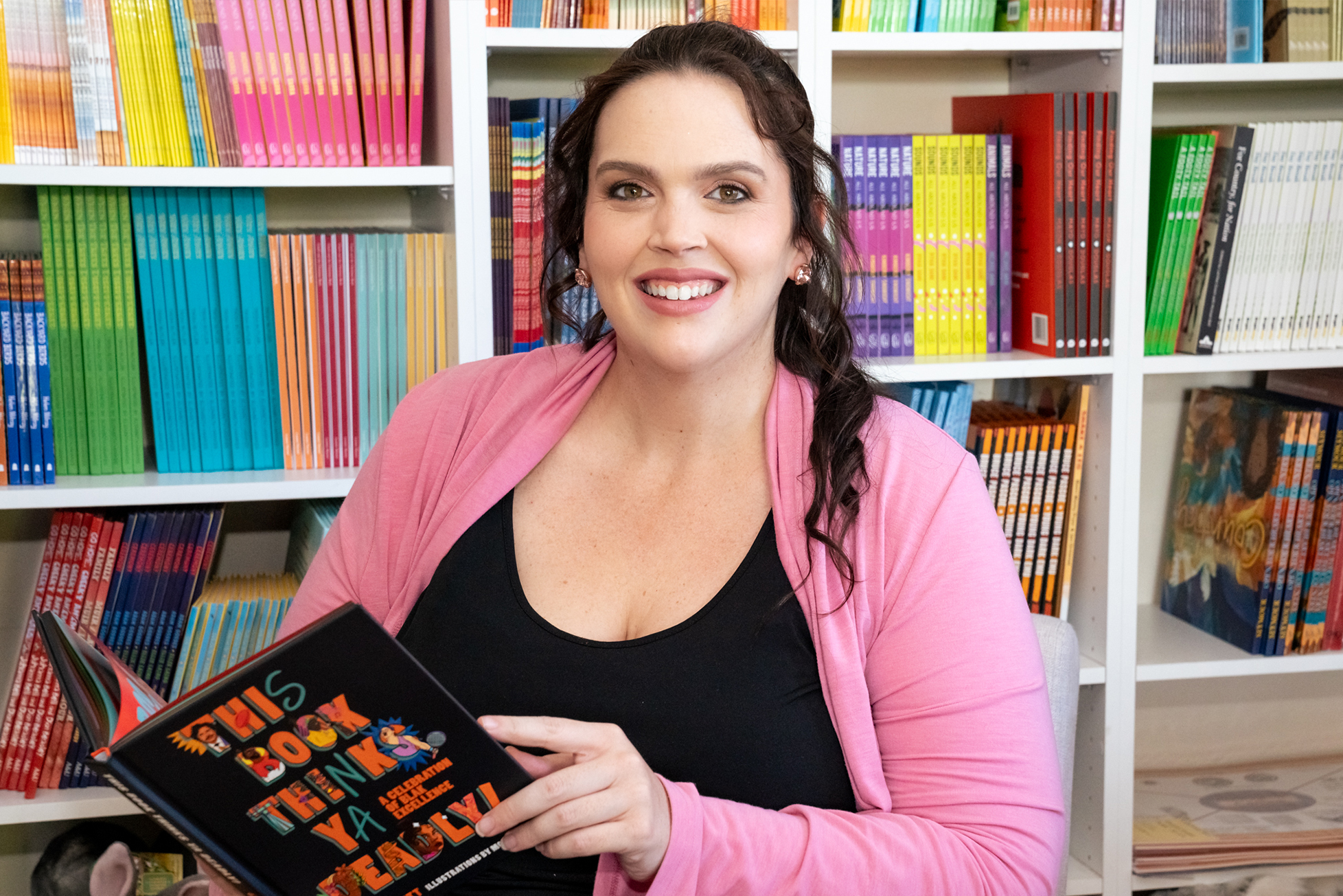The Be You 'Reflect, Respect, Respond: Protocols for culturally respectful engagement with First Nations communities' resource is something that Jessica Staines; a Wiradjuri woman and Director of Koori Curriculum, would have used in her role as an early childhood educator.
“It makes [connecting with community] a lot clearer and straightforward and outlines the right steps to take.”

Jessica Staines - Wiradjuri woman and Director Koori Curriculum
These resources were co-designed with a panel of First Nations people and can support your learning community in developing steps towards creating a safe, welcoming, and culturally responsive early learning service or school.
You are not alone. Many educators voice their struggle in forming connections with local First Nations community. This may be difficult for many reasons.
When considering barriers within your learning community, it is important to understand what these barriers are and to overcome them by developing respectful engagement within your local community.
These barriers can be navigated by:
- Taking the time to consider why you and your learning community want to connect with community.
- Taking responsibility for educating yourself and building your cultural capacity before asking questions of community.
- Connecting in person, face-to-face is how community business is done.
- Having realistic expectations. Many First Nations peoples have had negative experiences with mainstream institutions. It can take time to build trust.
If your learning community is developing or reviewing its Reconciliation Action Plan or creating a First Nations advisory group, consider who you may need to consult to capture the diversity within your community.
For example, there might be several language groups within your community, and this will require the involvement of local elders and/or other First Nations people in your community. Therefore, it would be in important to include and capture all stakeholder perspectives.
Jessica recommends ‘developing [a] stakeholders list with members of your community, so you're able to identify who is who and the different roles we all play’
Creating a stakeholder list will support your understanding of who you may need to consult with, as well as identifying other members of the community to engage with in the future. By creating the stakeholder list, you also identify established links with these stakeholders or relationships you may need to build in the future.
“Developing [a] stakeholders list with members of your community, you're able to identify who is who and the different roles we all play.”
Steps toward deeper engagement with First Nations communities:
- Be mindful of your own cultural attitudes. This is a helpful starting point for your personal and team development and learning.
- Create a stakeholder list of local First Nations stakeholders and groups to meaningfully engage with community members and embed culturally responsive practices in your learning community.
- Learn more about your local community to develop context-specific strategies for engagement.
- Consider how to make you learning community a welcoming, culturally safe space by drawing on some practical strategies from the Be You Cultural Actions Catalogue. This is a resource developed by Elders, community members, and primary and secondary educators in the Kimberley and Pilbara region; actions can be adapted for any learning community in Australia.
Reflective questions to support your steps towards deeper engagement
How are you contributing to First Nations communities being supported in making decisions about their education and wellbeing?
How are you acknowledging First Nations people in this space as the subject matter experts?
Are you remunerating First Nations community members for their contributions and time?
What are the barriers in your learning community to deepening your engagement with First Nations people? How could you overcome them?
About the resources
The Be You Reflect, Respect, Respond: Protocols for culturally respectful engagement with First Nations communities resource was co-designed with a panel of First Nations educators. This guide provides practical information, reflections, case studies and suggested actions to support educators in creating welcoming, culturally responsive learning environments.
The resource aims to invite genuine connection with Aboriginal and Torres Strait Islander children, young people, families, and communities by supporting educators to create inclusive spaces where cultural diversity is celebrated.
To learn more Be You recently held an In Focus webinar about the resources: watch now.
Be You Consultants can provide support: contact us.